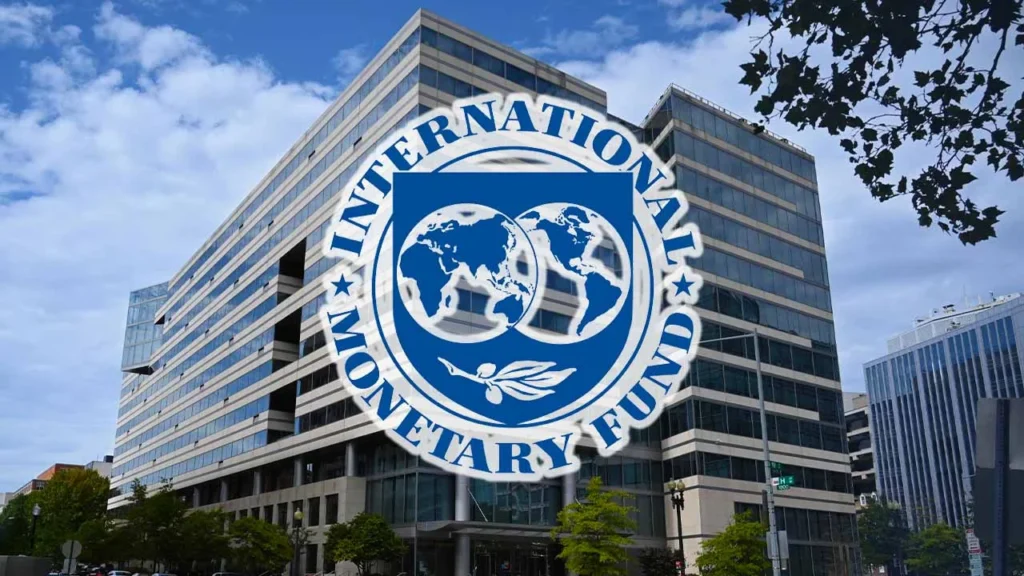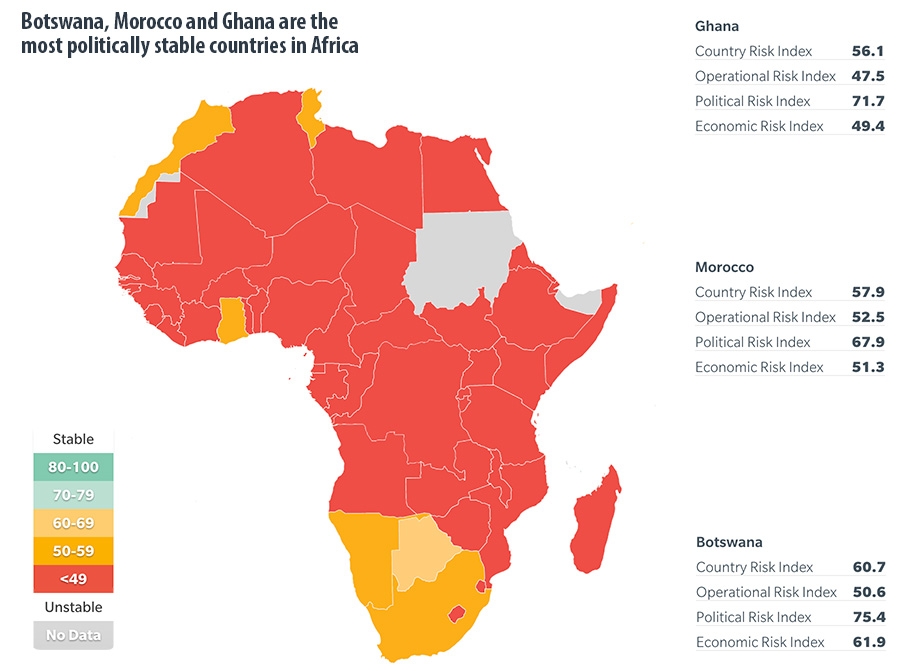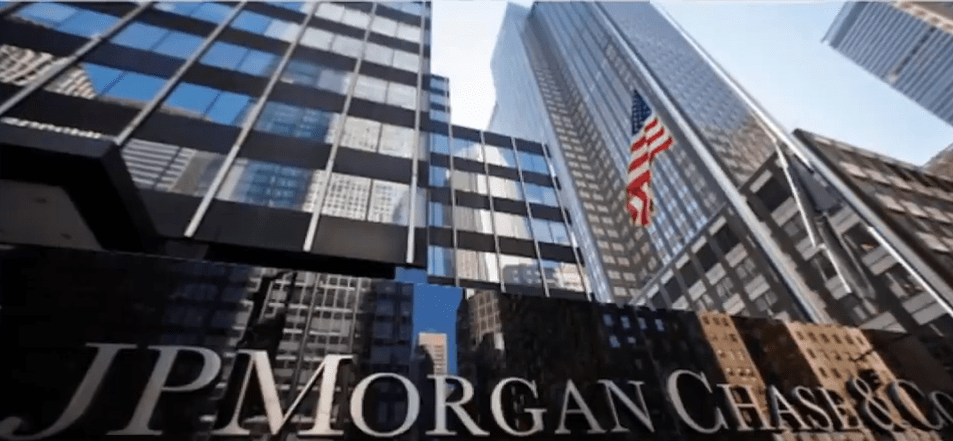IMF Forecasts Economic Slowdown: Kenya’s Growth Expected to Dip to 5% by 2025

Kenya’s economy is set for a slowdown, with growth projected to ease to 5.0% in 2024 and 2025, according to the International Monetary Fund (IMF). This adjustment comes as global economic pressures persist and Kenya grapples with a volatile macroeconomic landscape, including high inflation, currency depreciation, and debt obligations. Here’s what the IMF’s prediction could mean for Kenya and its financial sector.
Here are few points noted by IMF
- Global Pressure
- Inflation
- Shilling Performance
- Debt Repayments
1. Global Pressure
Global economic conditions are a crucial factor in Kenya’s forecasted slowdown. Rising interest rates, supply chain disruptions, and energy price fluctuations are driving costs higher for many countries, impacting import-dependent economies like Kenya. Although a 5.0% growth rate remains relatively positive compared to other Sub-Saharan African countries, it represents a step down from Kenya’s typical growth levels, often around 5.5% to 6.0%.
Kenya, an economic powerhouse in East Africa, is especially vulnerable to external economic fluctuations. The combination of inflationary pressures and debt servicing requirements places additional strain on Kenya’s fiscal health, limiting its capacity to respond to global economic shocks.
2. Inflation Being A Persistent Challenge
High inflation continues to erode purchasing power in Kenya, with rising costs for food, fuel, and essential services impacting everyday citizens and businesses alike. Despite the government’s efforts to mitigate inflation through subsidies and fiscal policies, consumers are feeling the pinch. According to the IMF, inflation rates are expected to remain above the Central Bank of Kenya’s target range for the foreseeable future.
The situation presents a complex challenge for policy-makers. High inflation typically demands tighter monetary policy, yet raising interest rates could stifle growth by making borrowing costlier. This delicate balancing act will be crucial for Kenya’s policymakers, as they attempt to keep inflation in check without stifling economic growth.
3. The Shilling Performance
The Kenyan Shilling has been under sustained pressure, reaching record lows against the US dollar. This depreciation impacts Kenya’s ability to service its foreign-denominated debt, increases import costs, and fuels further inflation. For a country that imports a large proportion of its food and fuel, currency depreciation hits the average Kenyan household hard. With each dip in the Shilling’s value, the cost of living rises, disproportionately affecting lower-income households.
4. Debt Repayments
Kenya’s debt levels, both domestic and foreign, have been a major concern for years. With debt servicing costs consuming a large portion of government revenue, fiscal space for other essential expenditures is limited. According to the IMF, Kenya’s debt-to-GDP ratio remains high, indicating vulnerability to economic shocks. The government’s ability to invest in infrastructure, healthcare, and education is constrained by the need to honor debt commitments, which could hamper long-term growth prospects.
The IMF has urged the Kenyan government to focus on fiscal consolidation to create a more sustainable debt profile. Fiscal consolidation involves reducing budget deficits and managing expenditures in a way that stabilizes the debt-to-GDP ratio. This process, however, could lead to austerity measures that may limit public spending in areas that drive economic growth, such as infrastructure and social services.
Proposed Remedies
- The IMF recommends several measures to help Kenya stabilize its economy and restore growth momentum. These measures include strengthening the tax base, improving public financial management, and reducing reliance on external borrowing. By broadening the tax base, Kenya could generate additional revenue to fund critical areas like healthcare and education, reducing the need for debt-financed spending.
- Public financial management reforms, including stricter oversight on government spending and reducing wastage, could also play a significant role. The IMF emphasizes that transparent and efficient use of public funds is critical in fostering sustainable economic growth.
- Reducing reliance on external borrowing is particularly crucial. Kenya’s past borrowing to finance infrastructure projects, while boosting short-term growth, has now led to substantial debt obligations. Exploring alternative financing methods, such as public-private partnerships, could help reduce the reliance on debt while still supporting growth.
What This Means for the Private Sector
The private sector businesses must also evolve. The IMF’s forecast suggests a more cautious lending environment, as banks may tighten credit requirements in response to higher default risks and currency instability. For businesses, this may mean higher borrowing costs and reduced access to credit, prompting a shift towards cost efficiency and innovation.
Prospects and Preparedness
While the IMF’s forecast reflects caution, Kenya’s long-term potential remains promising. With a young, dynamic population and a strategic position within East Africa, Kenya possesses inherent strengths that could drive future growth. For the private sector, agility and innovation will be key. Companies that can adapt to changing economic conditions are likely to thrive, while those that remain stagnant may struggle.
Conclusion:
Kenya’s projected economic slowdown serves as a call to action for policymakers and businesses alike. Strategic adjustments, like those suggested by the IMF, could provide a pathway to stability and growth. For Kenyan businesses, it’s an opportunity to rethink and retool processes for greater resilience.
At MUIAA Ltd., we’re committed to supporting Kenyan companies through tailored financial solutions that improve efficiency and enable growth. To learn how MUIAA can support your business’s journey toward resilience and growth, visit muiaa.com or contact us for a personalized consultation.











